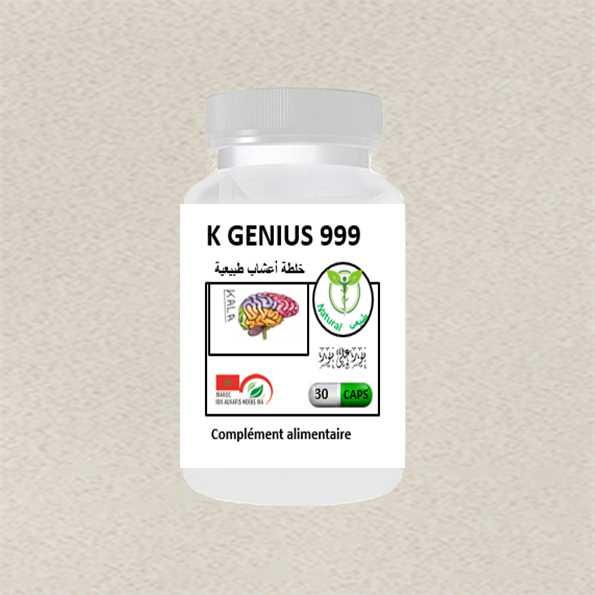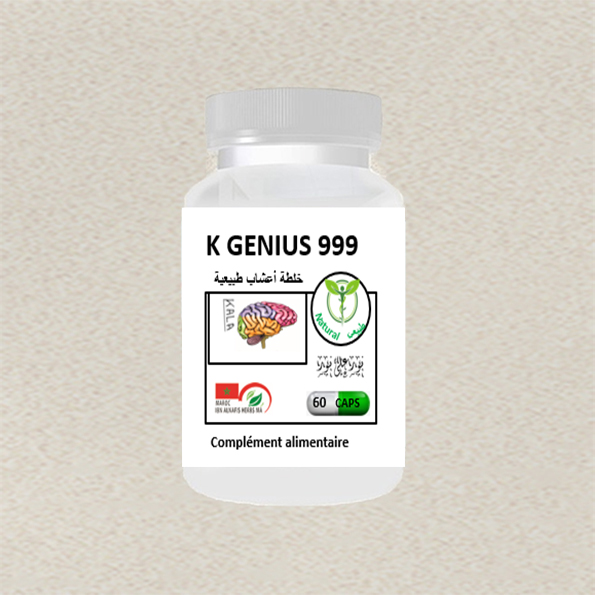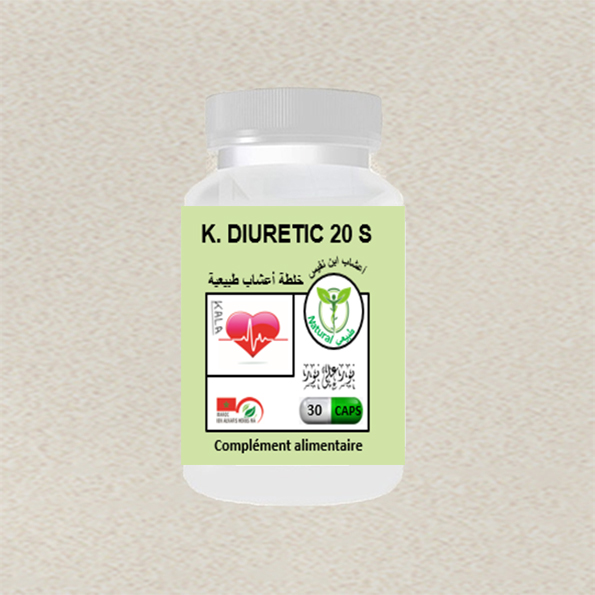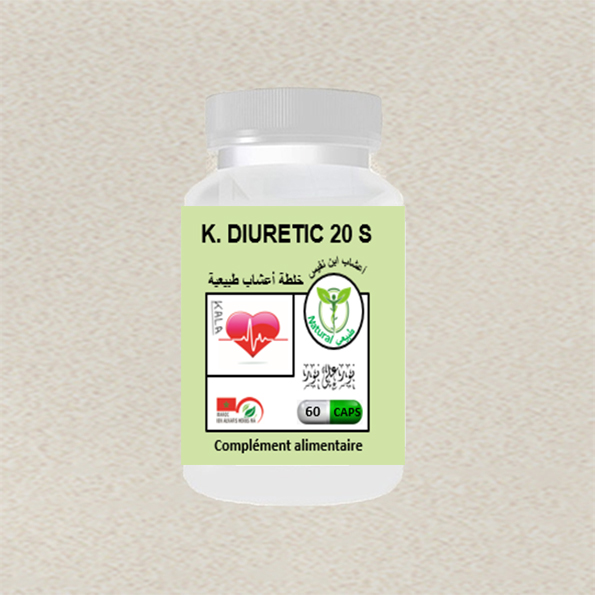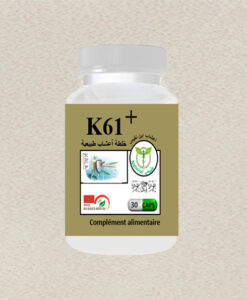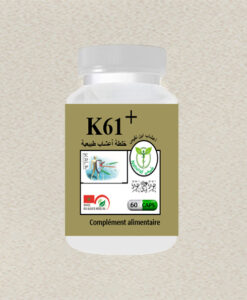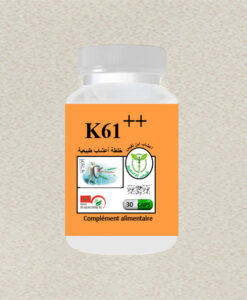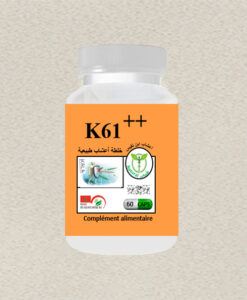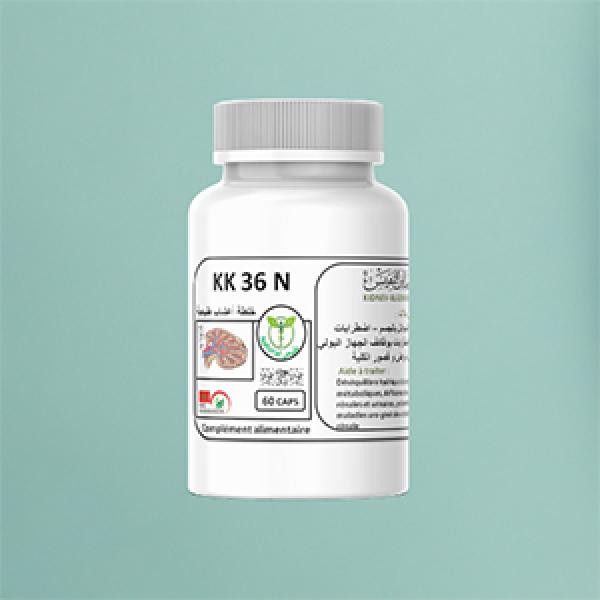Cardiac and circulatory disorders
The cardiovascular system is a circulatory system, a closed circuit that ensures the transport of blood to the organs and extremities of the body as well as its return. It is made up of the heart, blood vessels (vascular system) and lymphatic vessels (lymphatic system). This transport makes it possible to transport nutrients, oxygen and hormones to the cells of the organs and to ensure the collection of metabolic waste such as carbon dioxide or urea. It participates in the regulation of many vital factors.
We distinguish: the systemic circulation which recharges the muscles and organs with oxygen and nutrients and the pulmonary circulation whose role is to ensure the reoxygenation of the blood by the lungs and the elimination of carbon dioxide.
It is estimated that 18 million deaths are attributable to cardiovascular diseases, or 31% of global mortality. These diseases include disorders affecting the heart and blood vessels such as coronary or rheumatic heart disease, cerebrovascular diseases, peripheral arterial diseases, venous thrombosis and pulmonary embolism.
The main risk factors are poor diet, lack of physical activity, smoking and harmful use of alcohol. Behavioral risk factors include hypertension, hyperglycemia, hyperlipidemia, overweight or obesity.
Stress and hereditary factors, globalization, urbanization and population aging are also underlying determinants of heart disease.
Please contact us for any information, explanation or advice about our products.
Get information and consultation-
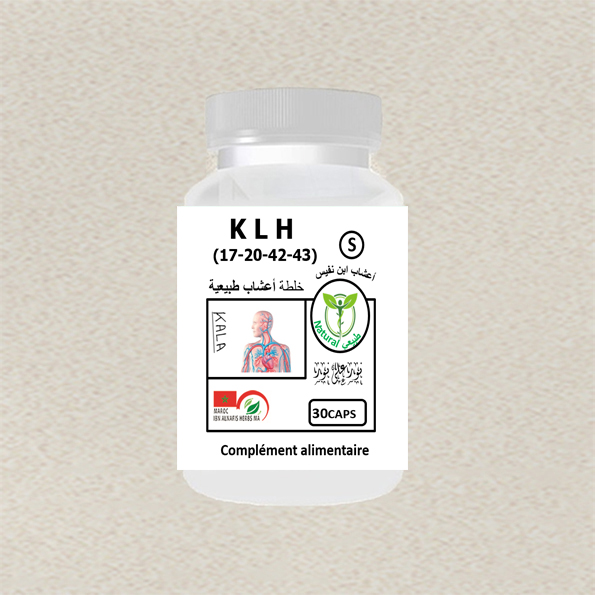 Quick View
Quick ViewCAPSULES
KLH (17-20-42-43) – 30 capsules
$50.00Cardiovascular illnesses
High blood pressure
Arrhythmia – Hyperlipidemia ( cholesterol – triglycerides)
-
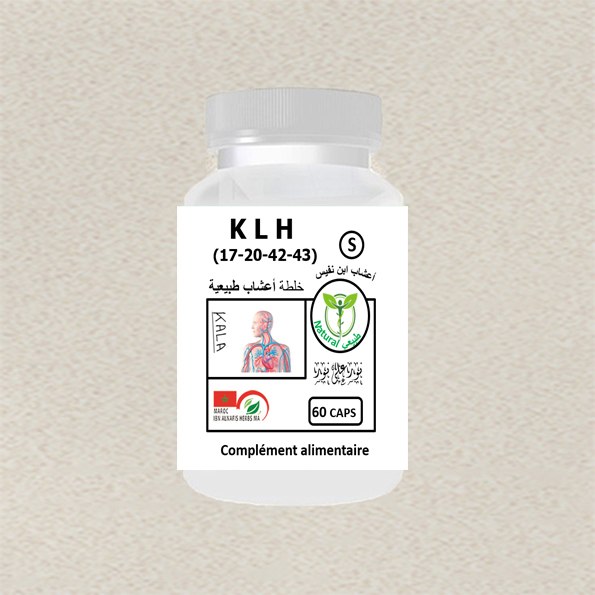 Quick View
Quick ViewCAPSULES
KLH (17-20-42-43) – 60 capsules
$98.00Cardiovascular illnesses
High blood pressure
Arrhythmia – Hyperlipidemia ( cholesterol – triglycerides)
GG



